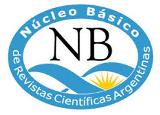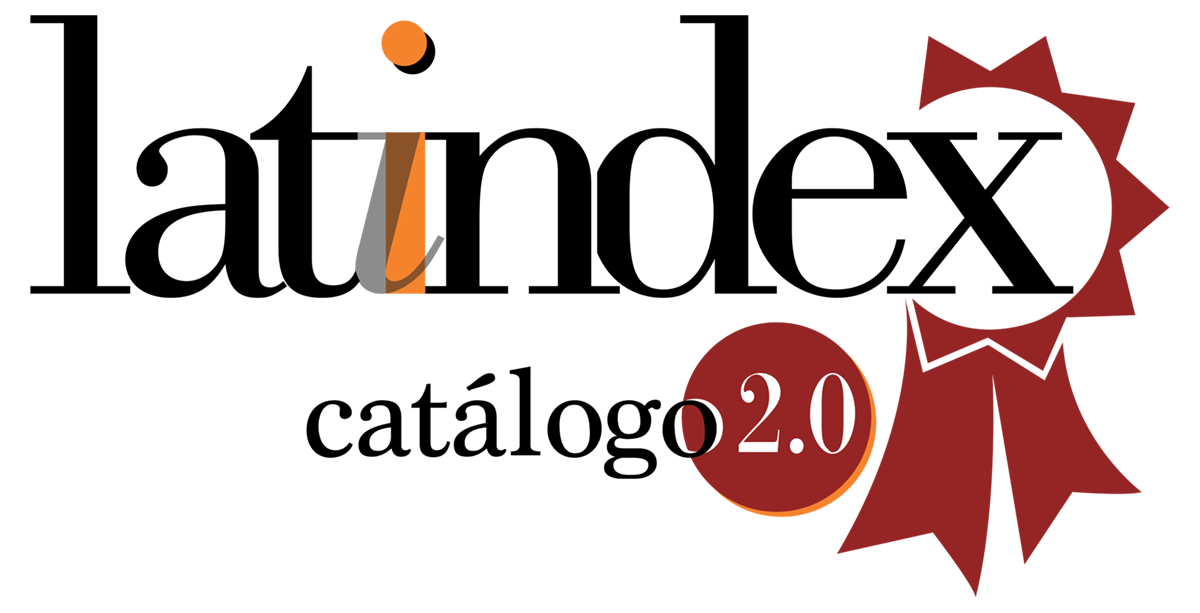Stories of Philosophical Knowledge in Argentina
Critical Reviews, New Perspectives and Different Objects
DOI:
https://doi.org/10.24215/23139048e085Keywords:
history of philosophy, methods, new approaches, philosophical receptionsAbstract
Throughout the twentieth century, a series of narratives about the past of Argentine philosophy have emerged. These narratives motivate the present dossier, which attempts to go beyond them, with the purpose of making new interpellations to illuminate hitherto neglected objects. Exploring other theoretical frameworks enables new questions, which, in addition to the semantic contents of philosophical discourse, may include other theoretical and historical concerns: how, from where, why, with or against whom it is written. Thus, the present critical review attends to different moments and expressions of Argentine philosophical thought. It seeks to denaturalize the definitions and stages traced in the most classical histories and thus revise the explanations of the philosophical receptions present in them, immersing these accounts in the historical and discursive contexts in which they are inscribed.
Downloads
References
Alberini, C. (1930). Die Deutsche Philosophie in Argentinien. Henrich Wilhelm Hendriock.
Caturelli, A. (2001). Historia de la filosofía en Argentina (1900-2000). Universidad del Salvador.
Farré, L. (1958). Cincuenta años de filosofía en Argentina. Peuser.
Ingenieros, J. (1918). La evolución de las ideas argentinas. Rosso.
Korn, A. (1936). Influencias filosóficas en la evolución nacional. Claridad.
Lertora de Mendoza, C. y Farré, L. (1981). La filosofía en la Argentina. Docencia-Proyecto CINAE.
Pró, D. (1973). Historia del pensamiento filosófico argentino. Universidad Nacional de Cuyo.
Torchia Estrada, J. C. (1961). La filosofía en Argentina. Unión Panamericana.
Published
How to Cite
Issue
Section
License
Copyright (c) 2025 Cuadernos de H ideas

This work is licensed under a Creative Commons Attribution-NonCommercial-ShareAlike 4.0 International License.
The acceptance of an original by the journal implies the non-exclusive transfer of the economic rights of the authors in favor of the editor, who allows reuse, after editing (postprint), under a Creative Commons Attribution License -NonCommercial-ShareAlike 4.0 International (CC BY-NC-SA 4.0)
In accordance with these terms, the material can be shared (copied and redistributed in any medium or format) and adapted (remixed, transformed and created from the material another work), provided that a) the authorship and original source of its publication (magazine and URL of the work), b) is not used for commercial purposes and c) the same license terms are maintained.
The transfer of non-exclusive rights implies that after its publication (postprint) in Cuadernos de H ideas the authors can publish their work in any language, medium and format; in such cases, it is requested that it be stated that the material was originally published in this journal.
Such assignment also implies the authorization of the authors for the work to be harvested by SEDICI, the institutional repository of the National University of La Plata, and be disseminated in the databases that the editorial team considers appropriate for increase the visibility of the publication and its authors.
Likewise, the journal encourages the authors so that after their publication in Cuadernos de H ideas they deposit their productions in other institutional and thematic repositories, under the principle that offering society scientific and academic production without restrictions contributes to a greater exchange of global knowledge.











.png)

























